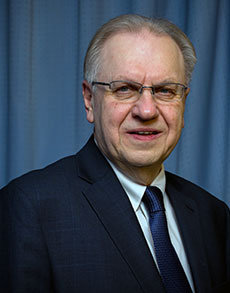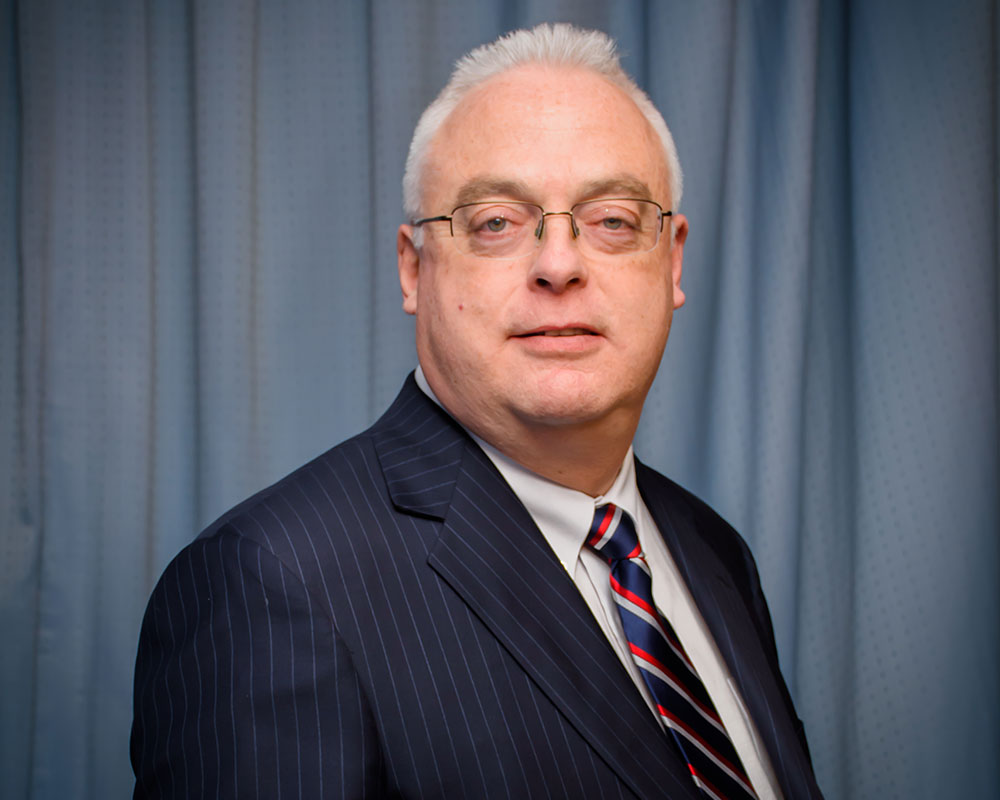Haverhill City Council President John A. Michitson. (WHAV News photograph by Jay Saulnier.)
Haverhill City Council President John A. Michitson last week asked for more resident input on the city’s spending priority list.
Councilors agreed to keep large projects, in Michitson’s words, “front and center” with a new list of city needs prepared a month before budget talks begin. The president’s target list includes school roofs; city roads, bridges, water and sewer treatment; handicapped accessibility; and equipment such as fire trucks.
“We need to allocate significantly more funding for critical capital improvements,” Michitson said.
Michitson said such spending helps residents improve quality of life; save money over the long term by, for example, fixing roofs before interiors are ruined; and avoid Proposition 2 ½ tax hikes. He said the mayor spends about $700,000 each year on such capital items.
Councilors and Mayor James J. Fiorentini largely agreed, but there was some debate about where responsibility rests for school building problems. Councilor Timothy J. Jordan outlined timing problems, while Councilor William J. Macek placed the blame squarely on the School Committee.

Haverhill City Councilor William J. Macek. (WHAV News photograph by Jay Saulnier.)
Jordan argued the city needs to tackle more than one school at a time, unlike the current plan that calls for Albert B. Consentino School to come in five years while others like John Greenleaf Whittier school have to wait eight or nine years. “On the school side—I mean really—we’re currently operating in crisis management mode. We’re not in a strategic planning mode where we are at today,” he said.
However, Macek said, councilors did not know until recently the extent of school building problems. “Where is the School Committee? Why are we doing School Committee work even in doing studies for schools and everything?” he asked.
Macek said the school department isn’t taking care of their buildings and he is opposed to, what he called, “a real dramatic increase in taxes.”
Back in November, then-School Committee Vice Chairman Paul A. Magliocchetti presented a list of school needs to the City Council. He said the city is “short changing” children by restricting technology upgrades like new Chromebooks and failing to properly maintain buildings. Magliocchetti noted students and teachers are often forced to work around buckets in classrooms to accommodate leaky roofs.
